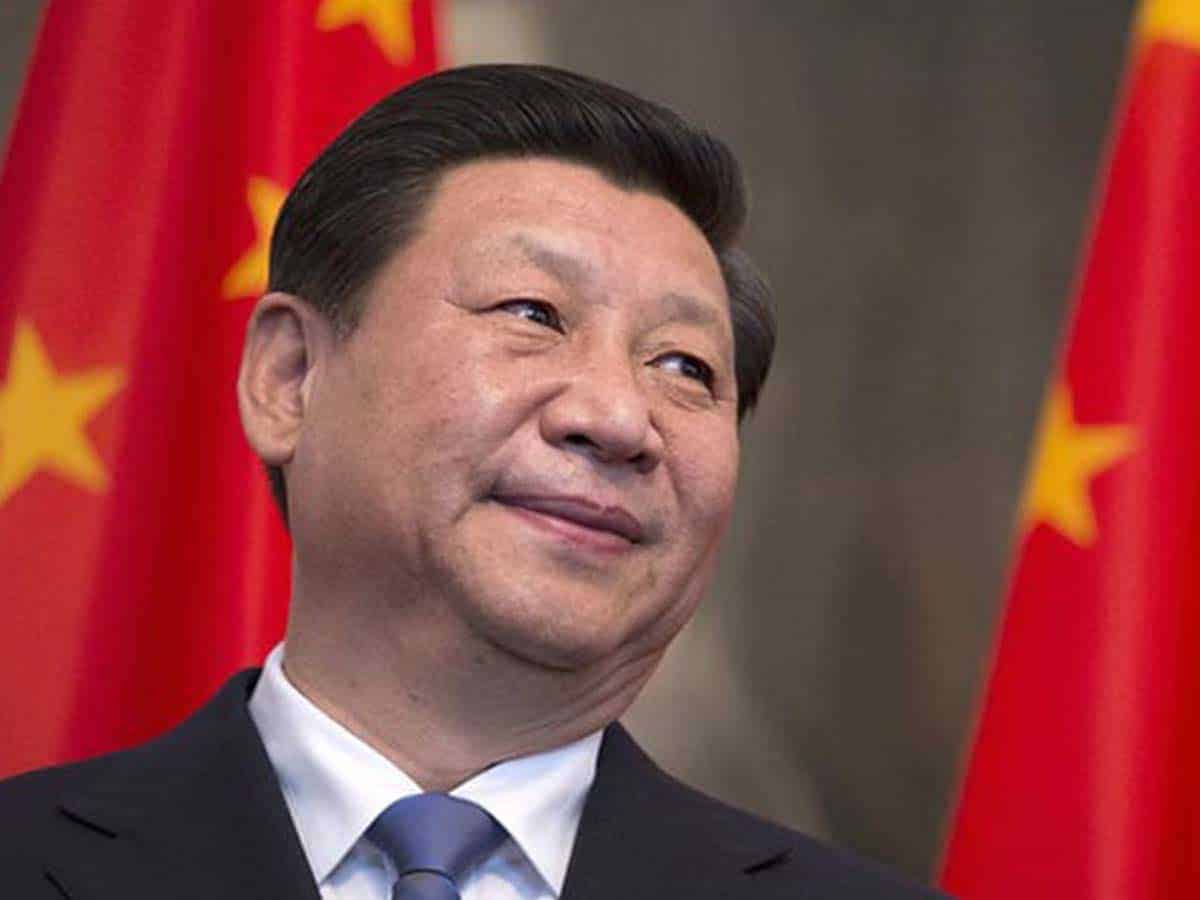
Major cities in Italy are a distant 10,000 km away from Wuhan in China where the devastating Coronavirus originated. Yet Italy has lost a huge 26,544 lives to Corona till now. On the face, this looks strange. How did the virus spread so far? But there is an unseen reason: the controversial One Belt One Road (OBOR) which on the old silk- road route connects China with Europe. Italy, caught in political instability and economic morass for the last few years, signed the OBOR agreement in 2019 that opened the door to the Chinese and the pandemic followed. After the agreement, Chinese workers have been around in Italy executing many projects that are part of OBOR. They have managed to infect the unaware Italians who have virtually died in droves. Lombardy along with Tuscany regions have got most of the Chinese investments that is coming in. Not surprising then that Lombardy has been hit the most in Italy by the virus.

Similarly, Iran is also part of the OBOR-an agreement they signed in 2019 after being pushed by the Trump administration to the corner with new sanctions. The Chinese are now building $2.9 billion high-speed rail link in Iran and also refurbishing a nuclear power plant. A huge number of Chinese are engaged in the works and they are roaming around in the country. Little wonder that they have managed to infect many Iranians with Coronavirus – and officially 5710 have died. However, the figures are believed to be a gross underestimate.
The impact of OBOR in spreading Coronavirus across nations apart, the project by itself is devised to spread Chinese hegemony. Realizing that economic growth in China was flattening, the mandarins realized that a way it could be revived was through investments in countries that were woefully in need of development but did not have the moolah. China has reserves of a staggering US 3.5 trillion dollars. Thus was born the OBOR. Countries on the OBOR would get investments in the form of highways and other infrastructural projects like high-speed rail and power plants. Till now 70 countries have signed the OBOR deal. Most of the projects are financed by Chinese banks and institutions. Needless to add the contractors are all Chinese companies who bring in a large supply of labour from their own countries. The countries where the projects are being done, don’t mind because they are getting the infrastructure built almost free of cost. However, they have to pay a huge political price because they perforce get aligned to the Chinese even without realizing so. That is why analysts say that OBOR is an infrastructure-building project in name but actually an instrument of foreign policy in spreading Chinese influence globally. The OBOR has a land route that connects China with Europe and a sea route with the same purposes. The sea route link gets countries like Singapore and the Philippines on board. The OBOR is expected to finish by 2049.

The OBOR unveiled by the Chinese in 2013, is linked to the China- Pakistan Economic Corridor (CPEC) that connects the lately built Gwadar port on Arabia Sea in Baluchistan to mainland China. The port built by the Chinese will now have a huge Special Economic Zone (SEZ) connected to it and in fact, will be run by a Chinese company on contract till 2059. More importantly, the port will be connected with Karachi and with northern Pakistan on the road and rail route. The road will pass through Gilgit- Baltistan, which is part of Jammu & Kashmir that is illegally occupied by Pakistan. Ultimately the road will lead to the backward Western China region and it will allow goods produced there to be brought down to Gwadar for exports. This will lead to development in Western China which lags far behind the eastern seacoast of China where all the developments in the last few decades have taken place. Since the port and road will be built in Pakistan with concessional finances from China, the Pakistanis find it a win-win deal. Chinese president Xi Jinping on the eve of his maiden visit to Pakistan in 2015 said that although it was his first visit he felt that he was going to the home of ‘my own brother.’ Analysts perceive that with this deal Pakistan will get into the vice-like grip of China, something that India has to be wary about.
The Chinese are keen to rope in India into the deal. But very rightly India has rejected the idea with no uncertainty. Prime Minister Narendra Modi had said at a meeting in Shanghai in 2017 that ‘bridges of trust not infrastructure’ come first adding that India stood for a free open inclusive region. He added that mega connectivity projects must respect sovereignty and territorial integrity of countries. Modi couched in diplomatic terms what Indian analysts say plainly- that this is a way of Chinese trying to conquer the world by other means. And there is need to be wary of the Chinese whether it is Coronavirus or OBOR. By the way Japan and Australia have also not join OBOR and in fact USA is also greatly opposed to it.

